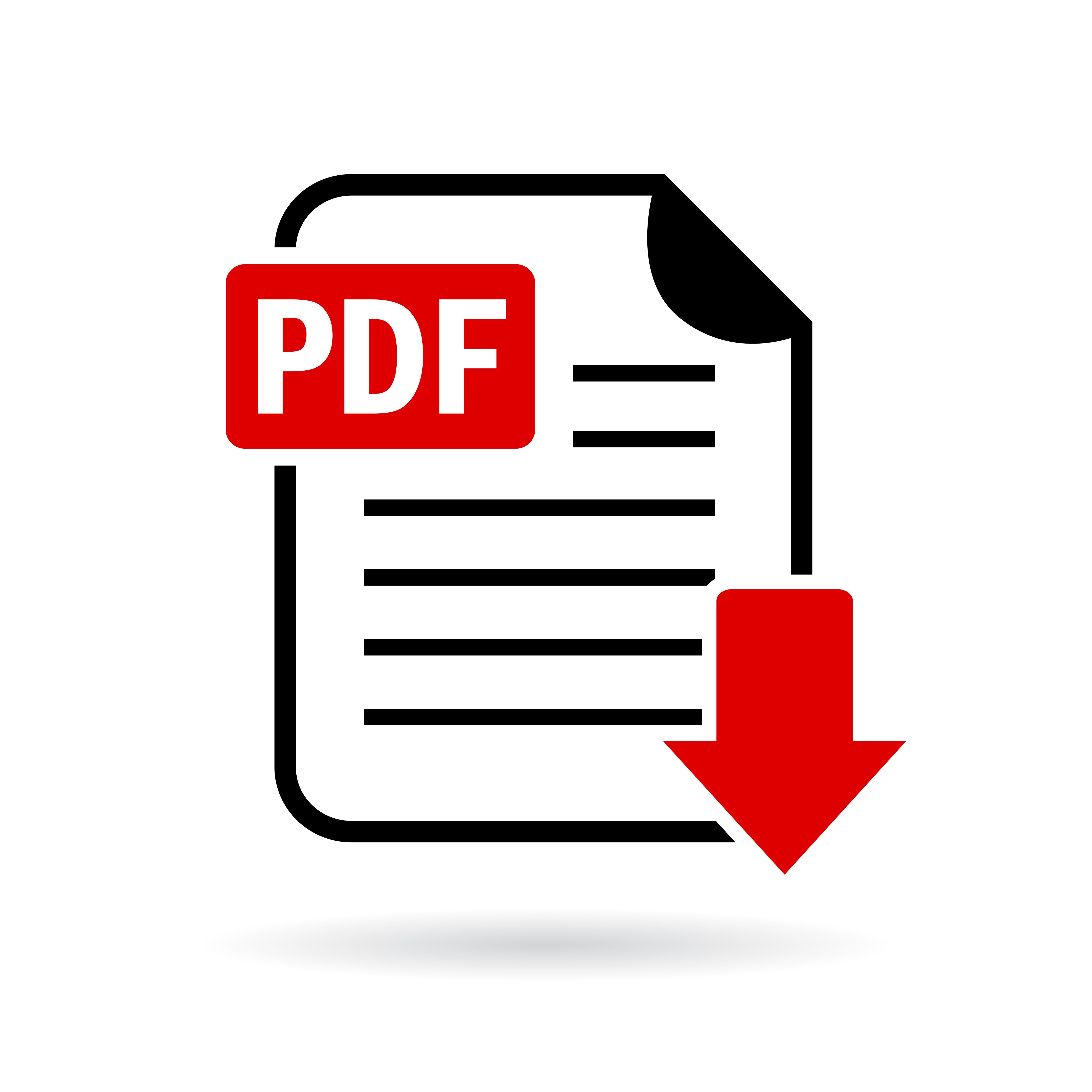
- ONCOLOGY Vol 34 Issue 11
Use of Real-World Evidence in Hematology/Oncology Treatment Optimization
Accurate and well maintained patient-level data is needed to gather and formulate real-world evidence that is necessary to optimize existing treatment and shape future treatment for patients with hematological malignancies.
Real-world evidence (RWE) is generated from real-world data, which can be obtained from observational data outside of the clinical research setting, and could include electronic medical records (EMRs), claims and billing data, product- or disease-based registries, as well as personal devices or health applications.1 These valuable data can and have been used in support of clinical trial designs, post-marketing regulations, and increasingly, pharmacoeconomic analyses. The most useful RWE involves patient-level disaggregated individual data, which can be used to evaluate the safety or efficacy of an intervention and/or to identify modifiers of the treatment effects. Multivariable analyses used on large databases of patients may be developed from this type of RWE to evaluate the association of prognostic markers. Another important use for RWE is cost-effectiveness analyses of 2 or more treatments relative to their cost. This type of analysis can look at health care interventions spanning pharmaceuticals, medical devices, surgical procedures, and diagnostic technologies, as well as public health interventions. Probably the newest area of RWE is research into patient-reported outcome measures used with validation or outcomes for future trial directions.
Under the 21st Century Cures Act,2 the FDA’s RWE program must evaluate the potential use of real-world data to generate evidence of product effectiveness in support of indications for drugs approved under the FD&C Act section 505(c), or to help support or satisfy post-approval study requirements. Another important area for use of real-world data is to generate hypotheses for testing in controlled trials—we use this often when we see something in a patient in clinic and then go to the database to evaluate a larger number of patients for that hypothesis. The real-world data can also be used to identify biomarkers, prognostic indicators, or to evaluate cohorts in rare diseases. In some rare diseases in hematology/oncology, a randomized controlled trial is not feasible or unethical (for example, placebo based), so supportive RWE has consisted of patient-level data from chart reviews, expanded access, and other practice settings.
In addition, because many clinical trials have inclusion criteria that are so narrow, they are often not representative of the real patient population with that malignancy. Therefore, gathering RWE is very important in order to apply this to our patients. This has also led to the belief that more pragmatic trials, designed to show the real-world effectiveness of the intervention or treatment in a broader, real-world patient environment, would be of great importance.3
Why is this such an important topic for those of us taking care of patients with cancer? We utilize this information every day when discussing various treatment options with our patients, as well as the comparison of potential toxicities and outcomes. Going forward, we all need to be mindful that the patient-level data we enter into the EMR must be accurate and well maintained to help formulate the RWE needed for future analyses. In addition, we will rely on health care systems to work with the medical community to have access to deidentified data for these important analytics, which shape future hypotheses and treatments for our patients of tomorrow. As with many things in life, we must learn from the past to make a new path toward the future, including optimizing cancer treatments.
REFERENCES
1. Sherman RE, Anderson SA, Dal Pan GJ, et al. Real-world evidence—what is it and what can it tell us? N Engl J Med. 2016;375(23):2293-2297. doi: 10.1056/NEJMsb1609216
2. Compilation of the Social Security laws. 21st Century Cures Act. Pub L No. 114–255, 130 Stat. 1033. Accessed October 26, 2020. https://www.ssa.gov/OP_Home/comp2/F114-255.html#:~:text=An%20Act%20to%20accelerate%20the,%E2%80%9C21st%20Century%20Cures%20Act%E2%80%9D
3. Ford I, Norrie J. Pragmatic trials. N Engl J Med. 2016;375(5):454-463. doi: 10.1056/NEJMra1510059
Articles in this issue
about 5 years ago
BCMA Offers Hope in Multiple Myelomaabout 5 years ago
Hitting a New Target in Multiple Myelomaabout 5 years ago
Incidence of Metastatic Prostate Cancer Incidence On the RiseNewsletter
Stay up to date on recent advances in the multidisciplinary approach to cancer.





































